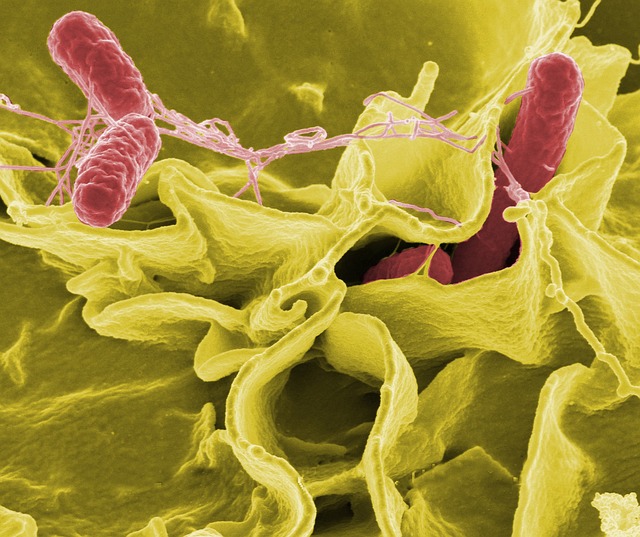Share This Article:

Sarasota, FL (WorkersCompensation.com) – Standards in all aspects of healthcare change on almost a daily basis. As a result, professionals in the industry look for guidance in the government entities that set those standards.
One of those entities is the Centers for Disease Control and Prevention (CDC). Originally founded in 1946 as the Communicable Disease Center, the purpose of the CDC is to service as a national focus for developing protocols for disease prevention and control, and provide education to improve the health of individuals in the U.S.
According to a recent report from the University Of Minnesota however, some healthcare experts are questioning the guidance of the CDC in their newest proposed guidelines for hospital infections.
HICPAC is a federal advisory committee, providing principal advice and guidance to the Department of Health and Human Services (HHS) and the CDC regarding implementation of protocols for infection control in healthcare settings. The committee is comprised of 14 voting members that are not federal employees but are experts in multiple areas such as infectious diseases, medicine, health policies, epidemiology, microbiology, and more. The group also includes 6 members who represent federal agencies within HHS and act as a liaison for different healthcare organizations.
A new proposal from HICPAC that is meant to provide guidance to protect healthcare workers and patients is set to become a national standard for safety protocols on infection control in hospitals. Informational slides on the new standards for Isolation Precautions were shared earlier this year, resulting in a backlash of more than 1,000 angry letters to the CDC.
The Isolation Precautions have not been updated since 2007, and critics of the new proposals state they do not consider the lessons learned on COVID-19 transmission, and actually weaken existing protocols on isolation procedures.
In July, petitioners sent a letter to the CDC detailing the inadequacies of the new proposals. The petitioners felt that the new proposals were derived without input from frontline workers, as well as experts and scientists. The petitioners also highlighted that the CDC and HIPAC’s process were non-transparent and closed to public scrutiny and input.
One large concern is that the recommendations do not call for NIOSH approved respirators, that in fact the recommendations are weaker than the existing guidelines. The petitioners strongly feel the lack of the requirement puts healthcare workers at risk for infectious aerosols.
In response to the hostile backlash, the CDC issued a response in mid-August, stating the intent to seek input from the public after HIPAC sends its final recommendations to the CDC in November. According to the University Of Minnesota report, CDC spokesperson Martha Sharan issued a statement to CIDRAP News by email, stating that the intent of the HICPAC guidelines is to “streamline protections for healthcare workers”.
While the CDC has stated they will be accepting feedback, some critics believe that the effort is too late, that historically few changes occur after a proposal is presented.
AI california case management case management focus claims compensability compliance courts covid do you know the rule emotions exclusive remedy florida FMLA fraud glossary check Healthcare health care hr homeroom insurance insurers iowa leadership medical NCCI new jersey new york ohio osha pennsylvania roadmap Safety state info technology texas violence WDYT what do you think women's history women's history month workcompcollege workers' comp 101 workers' recovery Workplace Safety Workplace Violence
Read Also
- Apr 25, 2025
- Liz Carey
- Apr 24, 2025
- Frank Ferreri
About The Author
About The Author
-
F.J. Thomas
F.J. Thomas has worked in healthcare business for more than fifteen years in Tennessee. Her experience as a contract appeals analyst has given her an intimate grasp of the inner workings of both the provider and insurance world. Knowing first hand that the industry is constantly changing, she strives to find resources and information you can use.
More by This Author
Read More
- Apr 25, 2025
- Liz Carey
- Apr 24, 2025
- Frank Ferreri
- Apr 24, 2025
- Liz Carey
- Apr 24, 2025
- Claire Muselman
- Apr 24, 2025
- Chris Parker




